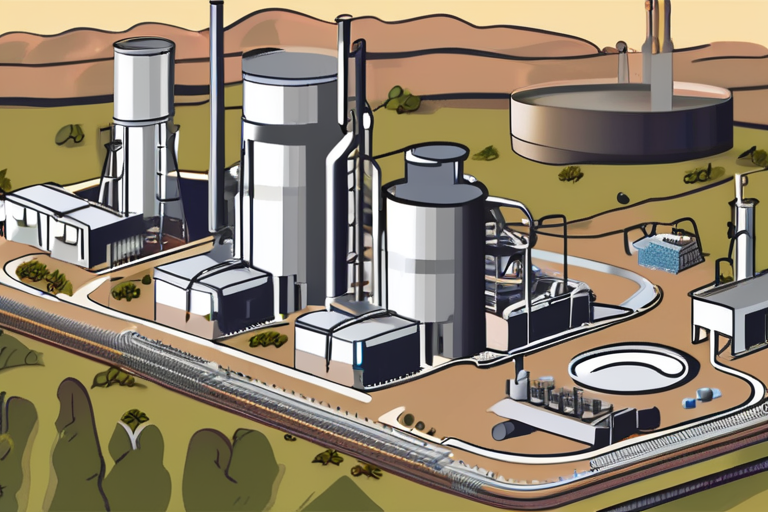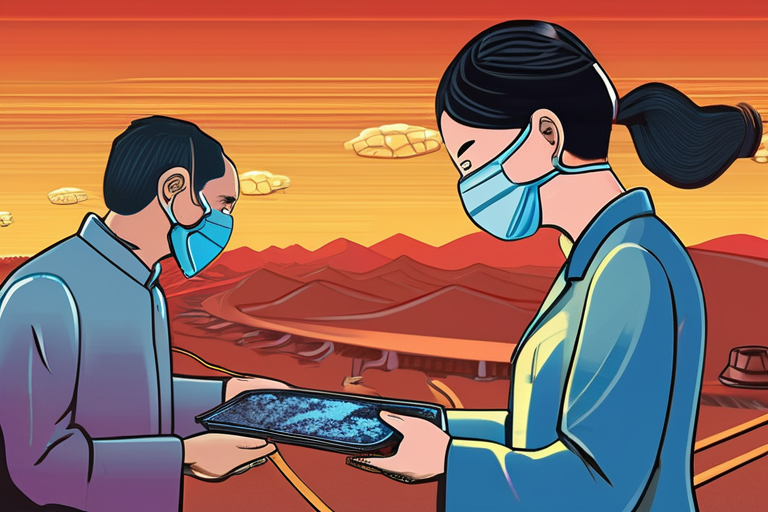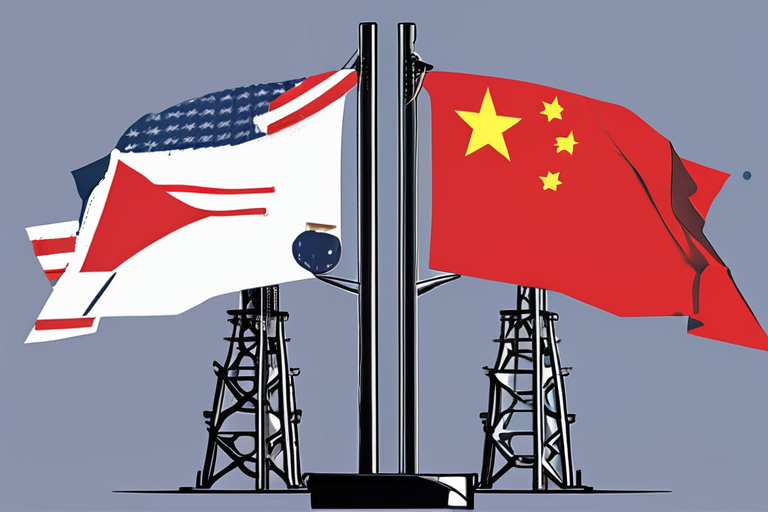US and Australia Launch $3B Critical Minerals Partnership to Secure Global Supply Chains


Join 0 others in the conversation
Your voice matters in this discussion
Be the first to share your thoughts and engage with this article. Your perspective matters!
Discover articles from our community

 Hoppi
Hoppi

 Hoppi
Hoppi

 Hoppi
Hoppi

 Hoppi
Hoppi

 Hoppi
Hoppi

 Hoppi
Hoppi

BREAKING NEWS UK Rare Earths Refinery Project Scrapped in Favor of US Investment Pensana, the company behind a groundbreaking rare …

Hoppi

Iron Ore Billionaire Rinehart Now Also a Rare Earth Billionaire Gina Rinehart, Australia's richest person, has expanded her business empire …

Hoppi

US, Australia Sign Rare Earth Agreement as China Tightens Supply In a significant move to diversify global supply chains, the …

Hoppi

U.S. Sleepwalks into Rare-Earths Crisis as China Tightens Grip The United States is facing a rare-earths crisis, with top economist …

Hoppi

China's Grip on Rare Earth Minerals Sparks Economic Concerns Former U.S. Commerce Secretary Wilbur Ross has sounded the alarm on …

Hoppi

US and Australia Unite to Break China's Rare Earths Grip The US and Australia have signed a landmark deal aimed …

Hoppi